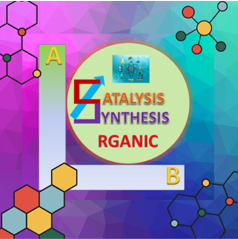
RESEARCH INTEREST
Our group is focused on developing new synthetic methodologies and techniques for synthesizing pertinent organic molecules to advance synthetic organic chemistry. We employ diverse catalytic strategies to tackle many essential chemical problems and develop new catalysts and reaction conditions with potential applications in drug discovery, late-stage functionalization of drug molecules, and biologically active compounds. Our group is engaged in deep mechanistic research to examine what is happening as the reaction progresses in addition to the new reaction design.
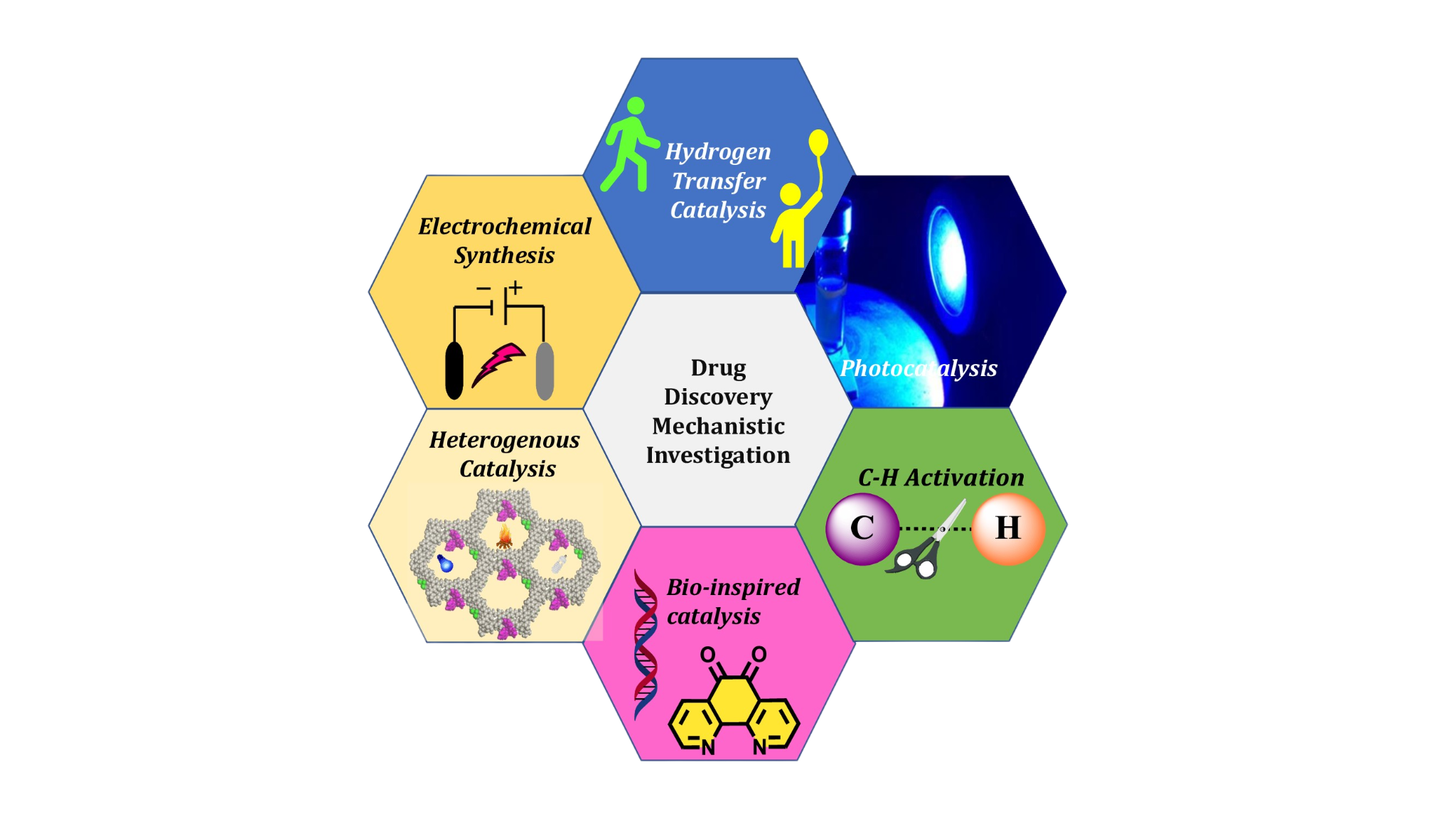
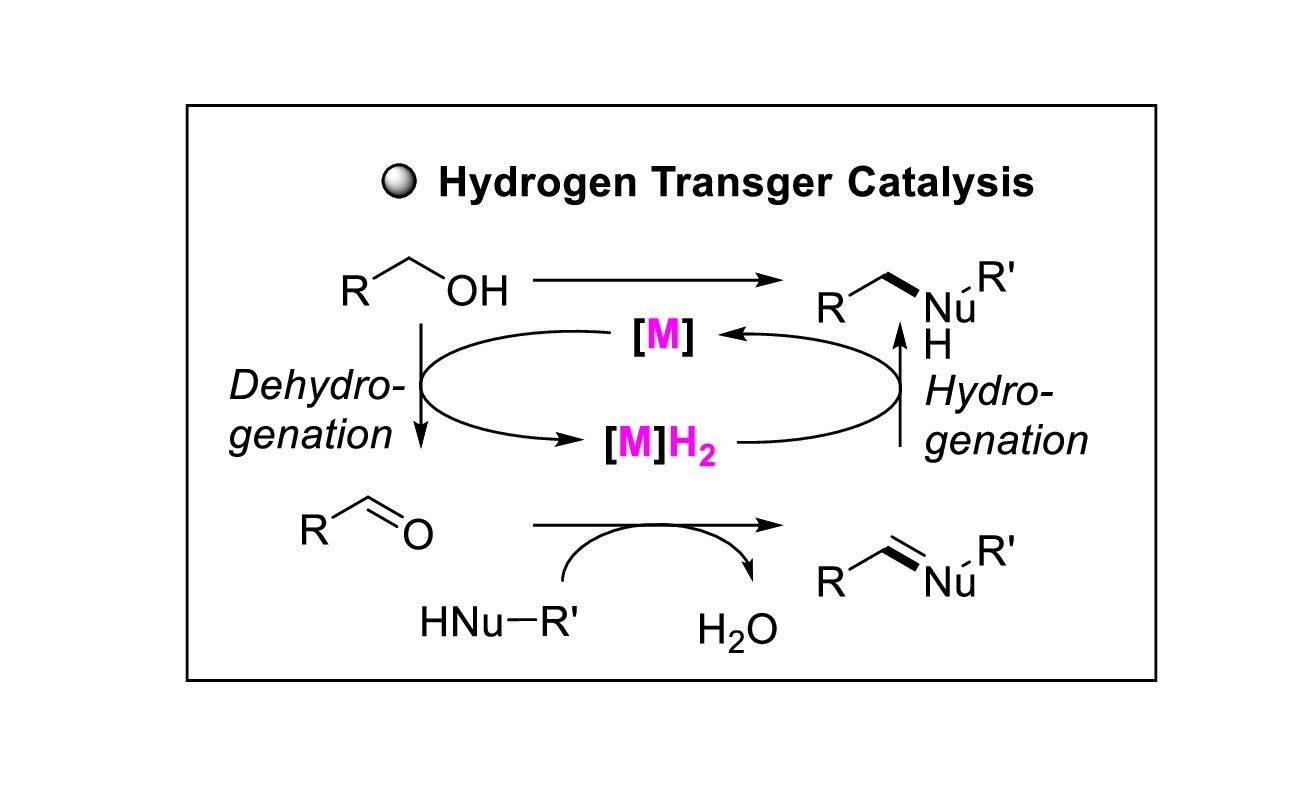
Hydrogen Transfer Catalysis
The primary goal of our research group is to create new transfer hydrogen catalysis techniques for creating new organic transformations. We are particularly interested to explore the use of a Manganese-based catalyst for transfer hydrogenation reacin exploringtion. Our ultimate objective is to contribute to the creation of effective and sustainable catalytic processes for organic synthesis, which may be used to create fine chemicals
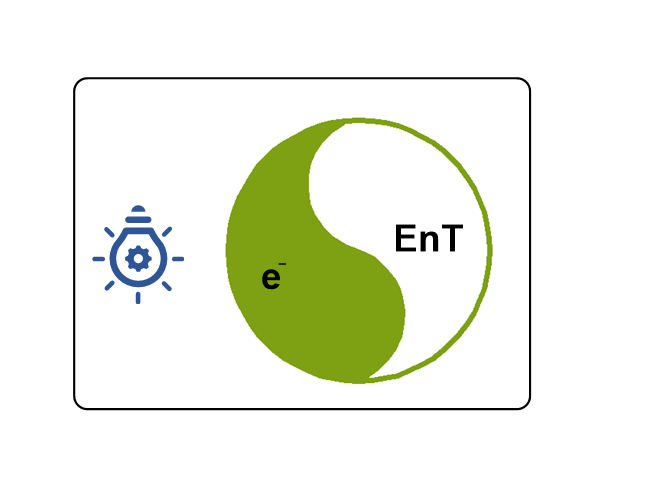
Photocatalysis
Our research team is committed to creating cutting-edge photocatalytic processes for organic synthesis. Exploring the use of visible light as a clean, sustainable energy source to encourage chemical reactions is something we are particularly interested in. In order to carry out photocatalytic organic reactions, we mainly concentrated on energy transfer and electron transfer processes.
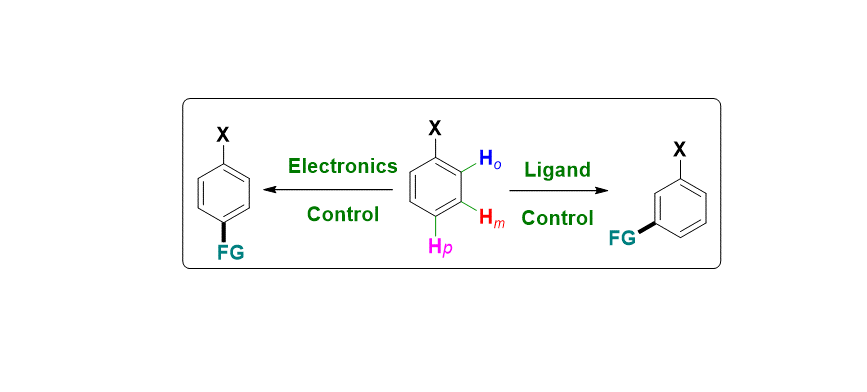
C-H Activation
The main objective of our research group is to identify new C-H activation strategies for organic synthesis. We are particularly interested in investigating the use of transition metal catalysts to selectively activate C-H bonds in complex molecules. The key components of our strategy are electronic control and ligand control of the C-H activation reaction. We sought to perform a para-selective C-H activation for the electronic control reaction and a meta-selective C-H activation reaction for the ligand control reaction.
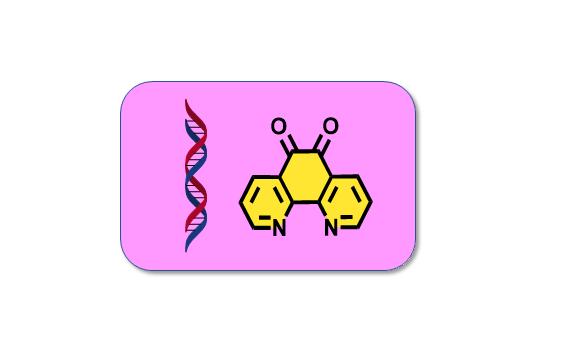
Bio-inspired Catalysis
Our research team is committed to creating new catalytic systems for organic synthesis that are inspired by biological systems. Exploring the use of a phenanthroline-dione catalyst to selectively activate and functionalize complex molecules is of particular interest to us.
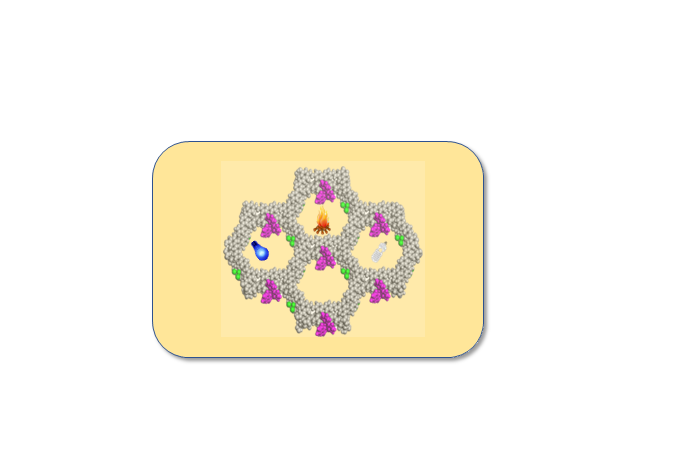
Heterogenous Catalysis
The primary goal of our research team is to create new heterogeneous catalytic systems for various chemical reactions. Our main research interests are in creating new covalent organic frameworks and porous organic polymers, which we use in heating and visible light-induced reactions.
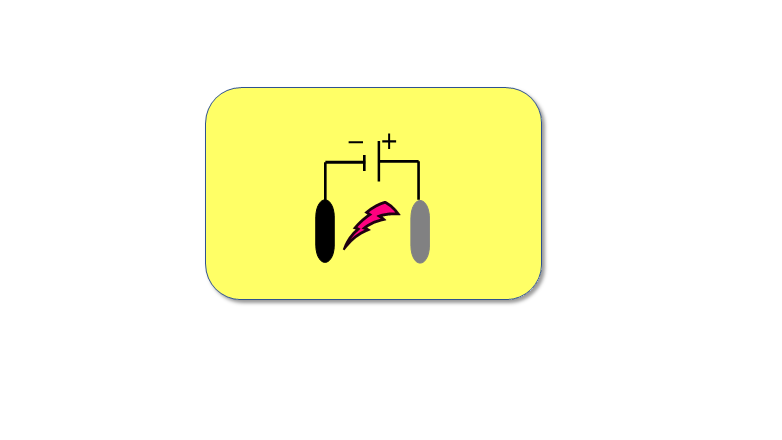
Electrochemical Synthesis
The goal of our research team is to develop new electrocatalysts and improve reaction conditions in order to advance the field of electrochemical organic synthesis. The creation of effective and sustainable electrochemical processes for various chemical transformations is our ultimate goal. Currently, we are focusing on electrochemical fluorination reactions. We will also work on designing a new electrochemical process to synthesize important organic molecules.
